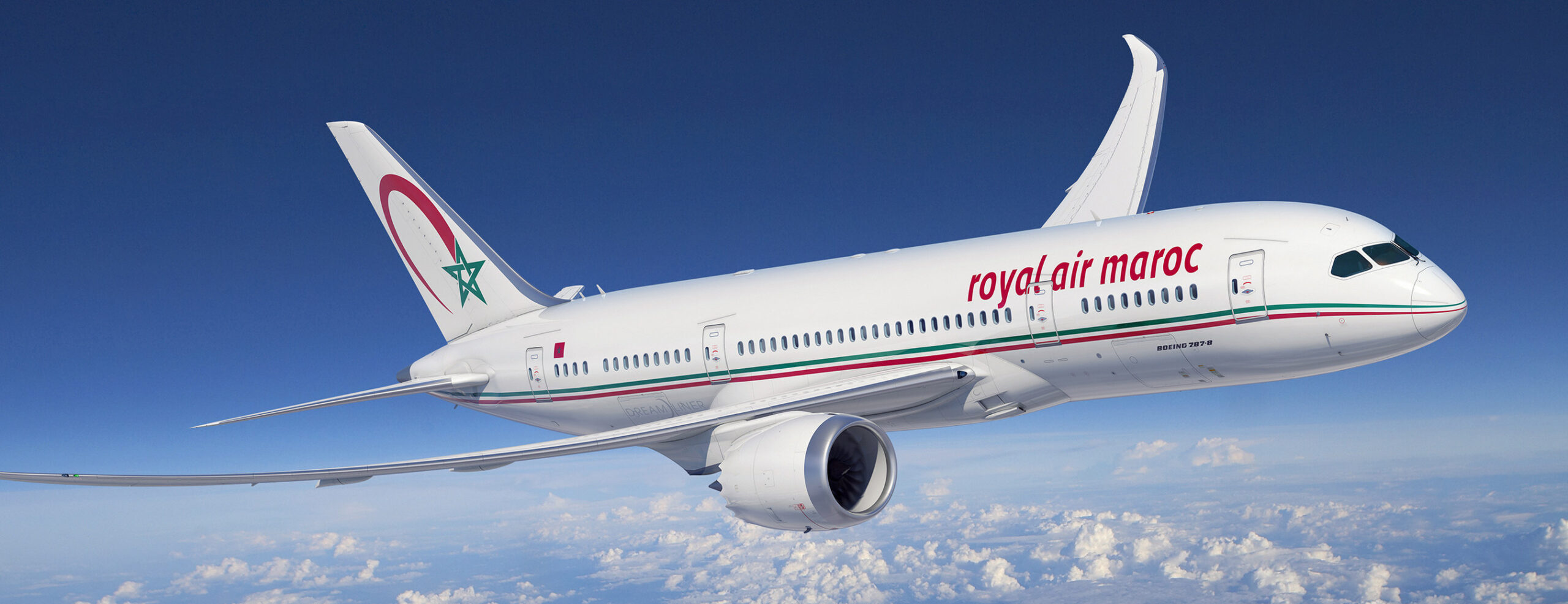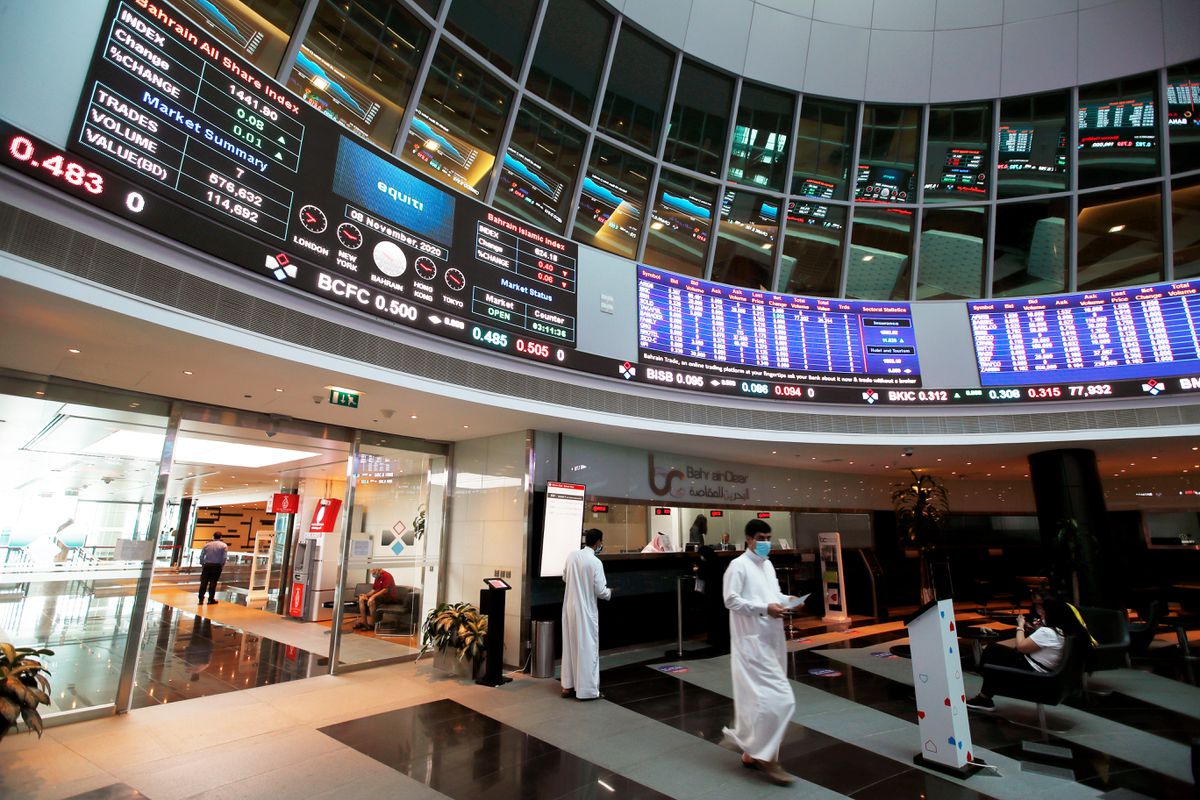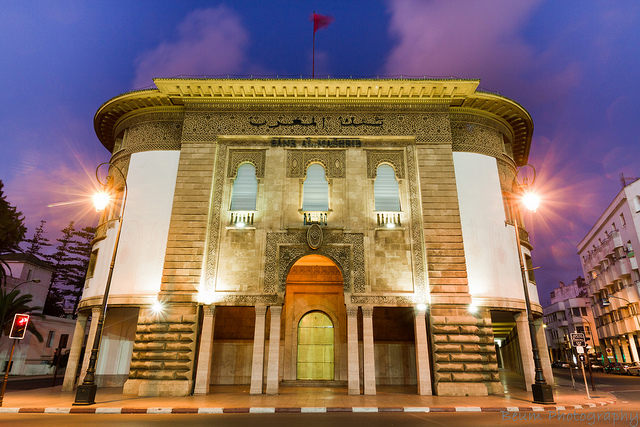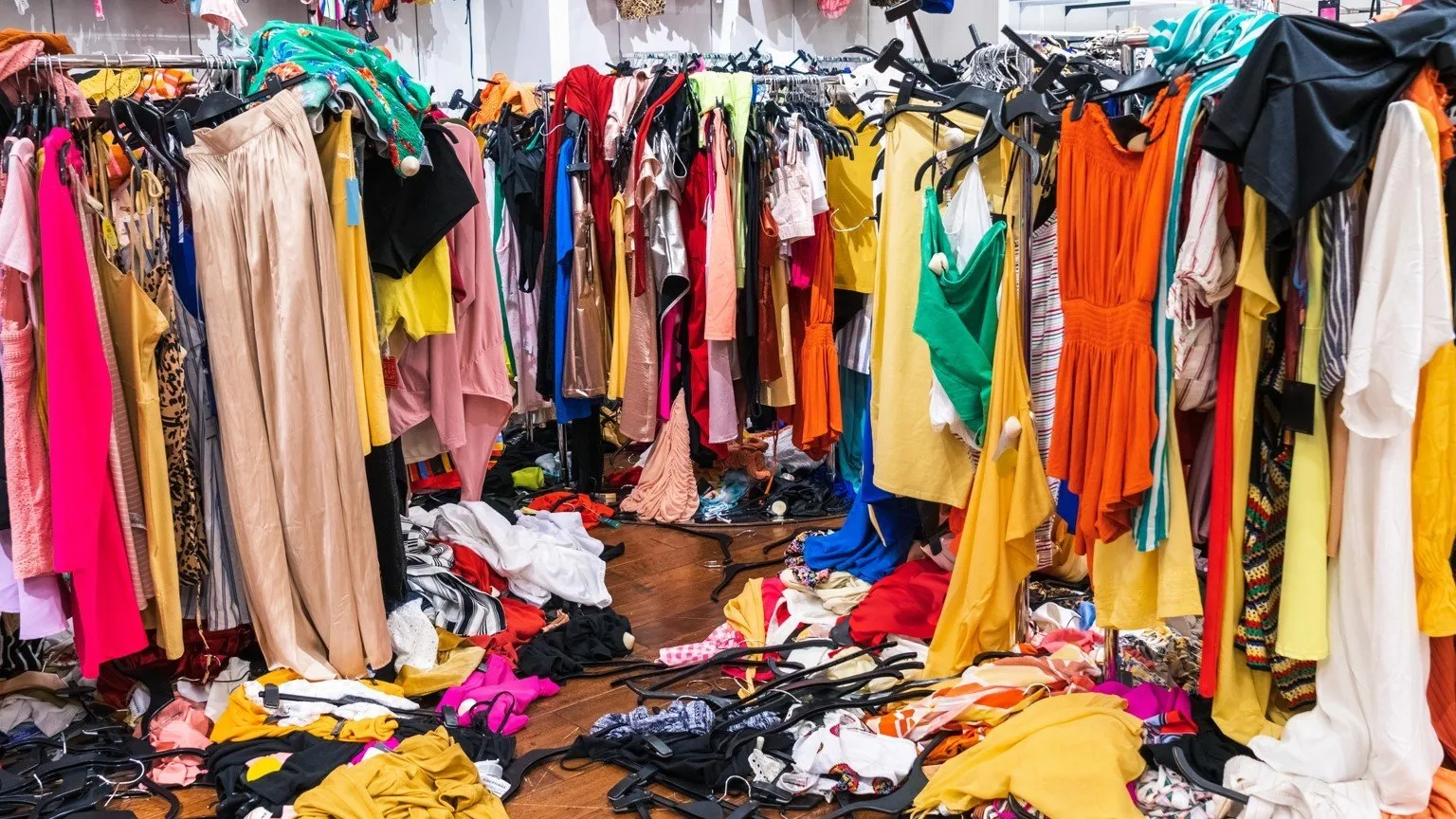Dec 30 (Reuters) – Stock markets in the Gulf ended 2021 higher, with the Abu Dhabi index exiting the year with a roar on its best annual performance in 16 years.
The Abu Dhabi index (.ADI) added 0.5% on Thursday, the last trading day of 2021 – its best year since 2005, with more than 68% gain.
Besides the support of the strong oil prices, Abu Dhabi saw a series of initial public offerings (IPO) that helped push its performance higher during the year. The momentum helped the market stay on the positive side for most of the year until the rise of Omicron coronavirus variant, said Farah Mourad, senior market analyst at XTB MENA.
Conglomerate International Holding Co (IHC) , Abu Dhabi’s most valuable listed company, concluded the year 262% higher.
IHC, which operates in a range of sectors including healthcare and agriculture, has gone through rapid expansion across its major business sectors.
IHC, which has a market capitalisation of $75 billion, is chaired by Sheikh Tahnoon bin Zayed Al Nahyan, the United Arab Emirates’ national security adviser and a brother of the country’s de facto ruler Abu Dhabi Crown Prince Mohammed bin Zayed.
Earlier in December, the UAE said it will shift to a Saturday-Sunday weekend from the start of next year to better align its economy with global markets. read more
Dubai’s main share index (.DFMGI) gained 0.7%, to end the year 28.3% higher.
The positive performance this year on the Dubai stock market was supported by the global recovery and fewer coronavirus restrictions, said Wael Makarem, senior market strategist at Exness.
“The market’s performance was more impressive towards the end of the year after the announcement of a list of new initial public offerings that aimed to help develop the market’s liquidity and dynamism.”
In November, Dubai announced plans to launch a 2 billion dirham ($544.57 million) market-maker fund and initial public offerings of 10 state-backed companies as part of plans to boost activity on the local bourse. read more
The listing plans are aimed at making Dubai a more competitive market against bigger bourses in the region, such those in as Saudi Arabia and neighbouring Abu Dhabi, that are seeing larger listings and strong liquidity.
Saudi Arabia’s benchmark index (.TASI) added about 30% in 2021, logging its sixth consecutive yearly gain and driven by a rise in oil prices.
Crude prices, a key catalyst for the Gulf’s financial markets, provided significant support particularly in the first half of the year as the economy recovered confidently, said Mourad.
“In the second half, some doubts about demand levels, interventions by oil-importing countries, the release of strategic reserves, and the discovery of Omicron have created periods of price corrections which in turn removed important support for the region’s markets.”
The Qatari index (.QSI) fell 0.5%, but finished the year about 12% higher, its fourth straight yearly rise.
Kuwait’s stock market (.BKP) registered a 26.2% yearly gain, ending the year close to its record peak.
Bahrain’s index (.BAX) gained 7.5% in 2021, while the Omani index (.MSX30)added a near 13% for the year, its first yearly gain in about five years.
Outside the Gulf, Egypt’s benchmark index (.EGX30) booked a yearly gain of 10.2%.
The Egyptian bourse had a more volatile performance while investors took into consideration the changes in monetary policies around the world and their impact on economic development as well as the rise and fall of health concerns, said Mourad.





